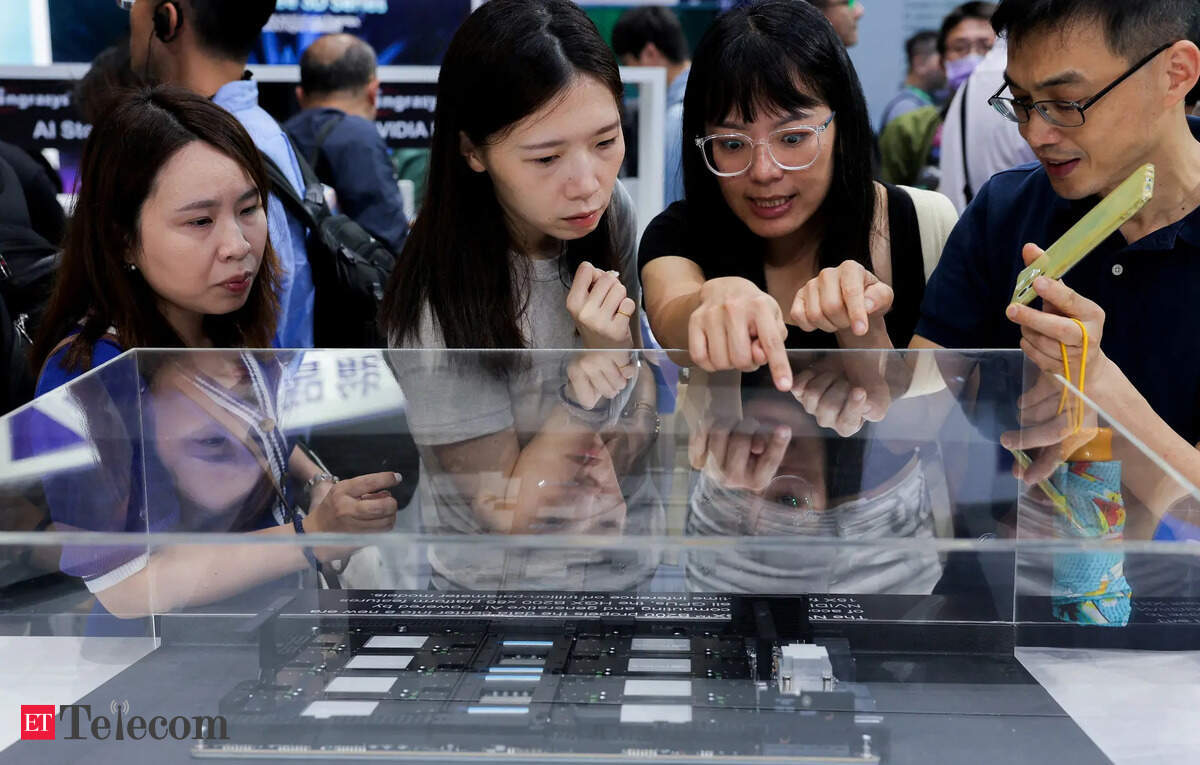OpenAI & Io's Early AI Device Work Revealed

Legal filings have shed new light on the ambitious collaboration between OpenAI and Jony Ive's design startup, io, revealing their concerted efforts to develop a mass-market AI hardware device. These details emerged from a trademark dispute lawsuit initiated this month by iyO, a Google-backed hardware startup specializing in custom-molded earpieces that connect to other devices. OpenAI recently withdrew promotional materials related to its significant $6.5 billion acquisition of io to comply with a court order stemming from this lawsuit, as it vehemently contests iyO's allegations of trademark infringement.
For the past year, executives from OpenAI and former Apple leaders now affiliated with io have been rigorously researching in-ear hardware devices. Court filings from June 12 indicate that the companies purchased at least 30 different headphone sets to comprehensively explore the current market offerings. Furthermore, in recent months, leadership from OpenAI and io engaged in meetings with iyO's executives, during which they demonstrated their own in-ear technology, as revealed by internal emails from the case.
Despite this extensive focus on in-ear technology, the ultimate form factor of OpenAI and io's inaugural device remains shrouded in mystery, with some statements suggesting it may not be headphones at all. Tang Tan, a long-serving Apple executive who co-founded io and serves as its chief hardware officer, stated in a court declaration that the prototype mentioned by OpenAI CEO Sam Altman in io's launch video is "not an in-ear device, nor a wearable device." Tan further clarified that the design for this prototype is not yet finalized and that the product is at least a year away from being advertised or offered for sale. Evans Hankey, another former Apple executive and io co-founder and chief product officer, similarly declared that io is not developing a "custom-molded earpiece product."
Sam Altman had previously alluded to a "family" of AI devices with diverse capabilities, and in a declaration to the court on June 12, he emphasized their intent "to create products that go beyond traditional products and interfaces." Altman also previously informed OpenAI employees that their finished prototype would be pocket-sized or desk-friendly, envisioning it as a "third device" for consumers, alongside smartphones and laptops, capable of being fully aware of a user’s surroundings. Lawyers representing OpenAI have confirmed in filings that the company has explored a wide array of device types, including "desktop-based and mobile, wireless and wired, wearable and portable."
The legal documents also provide deeper insight into the interactions between the two parties. On May 1, Peter Welinder, OpenAI’s VP of Product, and Tang Tan met with Jason Rugolo, iyO’s CEO, to gain understanding of iyO’s in-ear product. This meeting, held at io’s San Francisco office, involved Welinder and Tan testing iyO’s custom-fit earpiece. However, follow-up emails indicated disappointment with the product's repeated failures during demonstrations. Tan stated his meeting with Rugolo was a courtesy to a mentor and that he took precautions to avoid learning too much about iyO's intellectual property.
Despite this, internal communications suggest interest within io in leveraging external data for ergonomic design. An email from Marwan Rammah, a former Apple engineer now at io, to Tan suggested that acquiring a large database of three-dimensional ear scans from 'The Ear Project', an ear-scanning company that assists iyO, could provide a "helpful starting point on ergonomics." It is currently unclear if any such deal was pursued. Meanwhile, Rugolo repeatedly attempted to establish a deeper partnership with OpenAI and io, pitching iyO's device as a "developer kit," proposing investment, and even offering to sell iyO for $200 million, all of which Tan declined.
This ongoing legal battle highlights the intense competition and secrecy surrounding the development of next-generation AI hardware. While smart glasses are emerging as a leading category, with companies like Meta and Google actively pursuing them, AI-enabled headphones are also a significant area of exploration, as evidenced by reports of Apple developing AirPods with cameras to power AI features. OpenAI and io's first hardware device remains a subject of considerable speculation, expected to launch more than a year from now, and its final form factor could be anything from a pocketable companion to a desktop AI assistant.
You may also like...
Diddy's Legal Troubles & Racketeering Trial

Music mogul Sean 'Diddy' Combs was acquitted of sex trafficking and racketeering charges but convicted on transportation...
Thomas Partey Faces Rape & Sexual Assault Charges

Former Arsenal midfielder Thomas Partey has been formally charged with multiple counts of rape and sexual assault by UK ...
Nigeria Universities Changes Admission Policies

JAMB has clarified its admission policies, rectifying a student's status, reiterating the necessity of its Central Admis...
Ghana's Economic Reforms & Gold Sector Initiatives

Ghana is undertaking a comprehensive economic overhaul with President John Dramani Mahama's 24-Hour Economy and Accelera...
WAFCON 2024 African Women's Football Tournament

The 2024 Women's Africa Cup of Nations opened with thrilling matches, seeing Nigeria's Super Falcons secure a dominant 3...
Emergence & Dynamics of Nigeria's ADC Coalition

A new opposition coalition, led by the African Democratic Congress (ADC), is emerging to challenge President Bola Ahmed ...
Demise of Olubadan of Ibadanland
Oba Owolabi Olakulehin, the 43rd Olubadan of Ibadanland, has died at 90, concluding a life of distinguished service in t...
Death of Nigerian Goalkeeping Legend Peter Rufai

Nigerian football mourns the death of legendary Super Eagles goalkeeper Peter Rufai, who passed away at 61. Known as 'Do...



